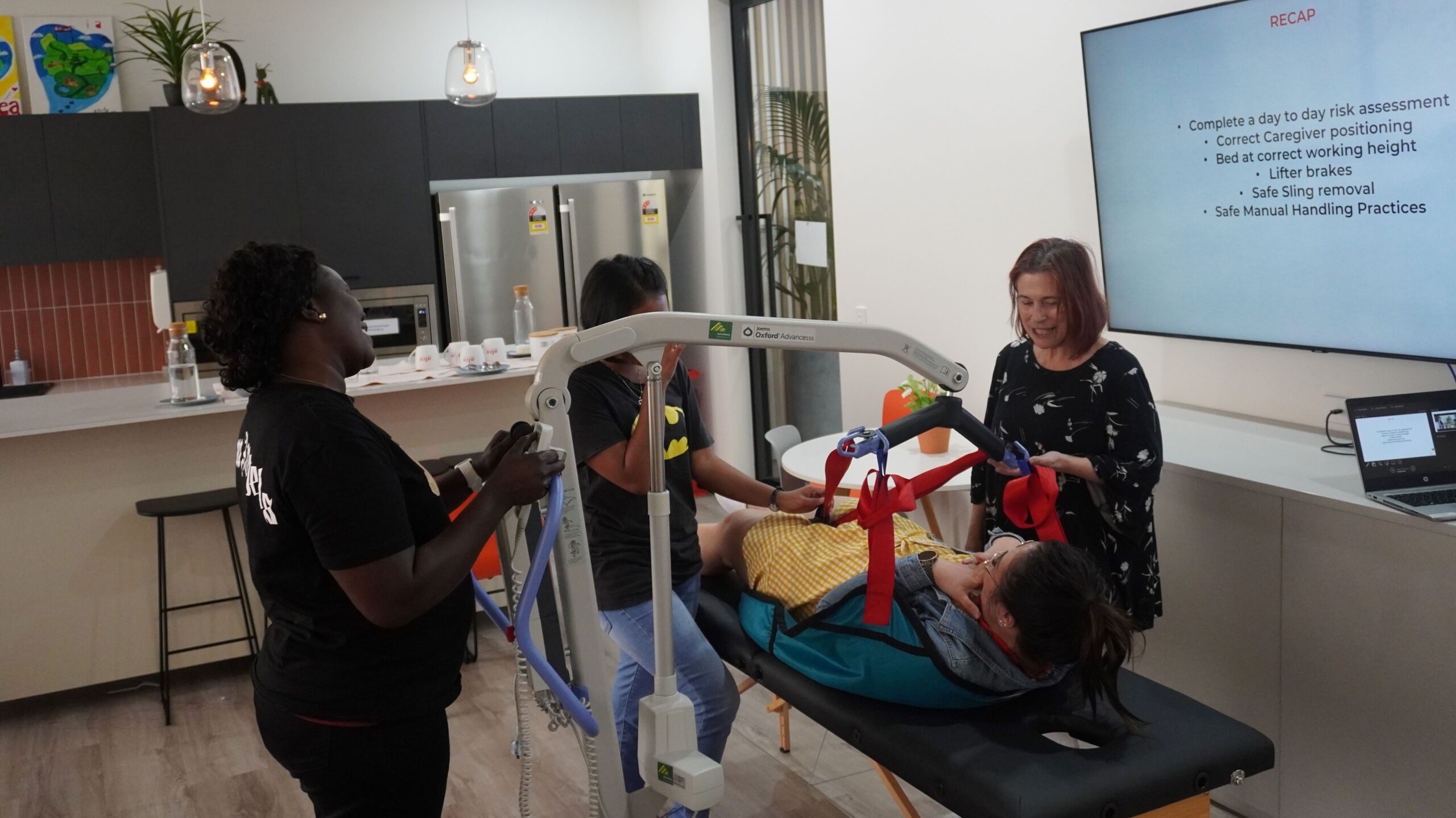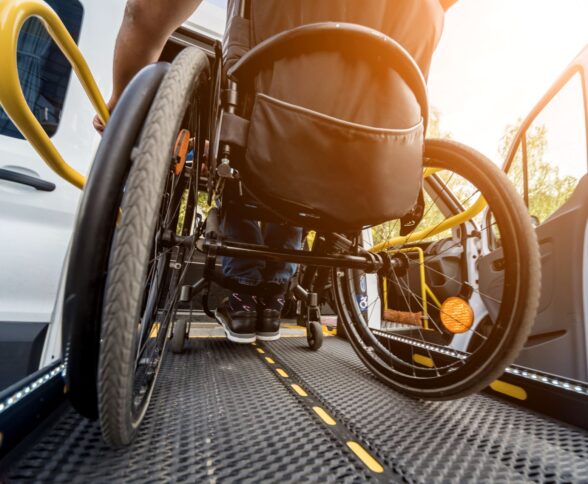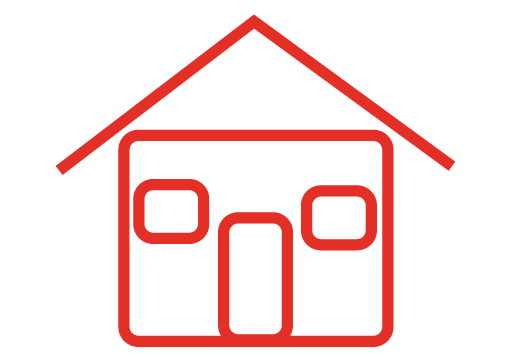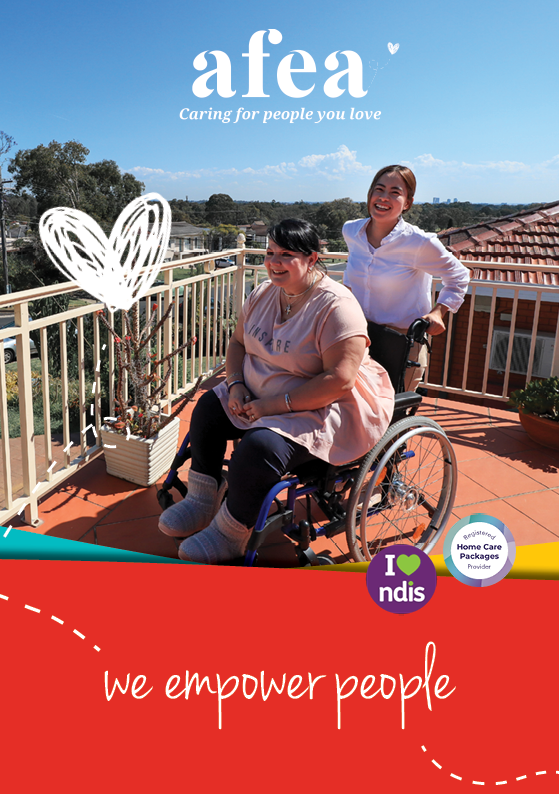Complex care is provided to people who may require a high level of support due to health conditions or the complexity of their personal situation.
You may have complex care needs due to disability or chronic conditions, or due to a change in your life, such as returning home after a long hospitalisation or after living in residential aged care.
In 2018, when the Australian government rolled out the National Disability Insurance Scheme (NDIS) Complex Support Needs Pathway, the government also identified factors including involuntary or voluntary involvement with particular government systems, such as justice or mental health. This would include individuals with mental health challenges and those experiencing homelessness.
Find out more in our post: What is complex care?
Examples of complex care needs
Enteral feeding supports
The word enteral means passing through the intestine. Enteral feeding supports are specialised feeding requirements. This includes percutaneous endoscopic gastrostomy or PEG feeding, wherein the feeding tube goes through your skin straight into your stomach. You may need PEG if you have dysphagia, a condition that causes difficulty in chewing or swallowing.
A feeding tube can also go through your nose into your stomach. This tube is called a nasogastric tube or NGT.
A qualified healthcare professional must train your support workers on the proper use of feeding equipment and delivery. This is to ensure the participant has a safe and comfortable mealtime experience.
Manual handling/Hoist transfers
If you have limited mobility, you may need someone to transfer you from the bed to the wheelchair. You may also need support while you shower or use the toilet. Two support workers may be required to assist with transfers.

A scene from a free manual handling training session at the Afea headquarters.
Complex bowel care
While bowel care is a routine part of support work, you may require a specialist level of support in certain cases. Participants who are at risk of severe constipation or faecal incontinence would need complex bowel care. This may apply to participants with conditions causing muscle or nerve damage such as spinal injury, cerebral palsy, acquired brain injury, stroke or autism.
You may need someone to regularly observe your bowel habits and administer laxatives, enemas or suppositories when required.
Urinary catheter support
If you have multiple sclerosis or spinal injury, you may need to wear a catheter. You need someone to insert the catheter and remove and replace the collection bags. A qualified health professional will provide training and oversight to minimise discomfort and risk of infection.
Tracheostomy care
If you have a tracheostomy, you’ll have a support plan for ventilator management developed and managed by a qualified healthcare professional. Your support workers should also have knowledge of ventilation, first aid and CPR. Replacing the tracheostomy dressing is a complex procedure, which usually requires two workers to be present to ensure your safety.
Complex wound care supports
You may need help dressing your wounds or your support workers may need to regularly move you to avoid developing pressure sores. A qualified health professional should train your support workers about various aspects of your wound care. This includes teaching them the types of wounds, the risk factors for pressure injuries and the common consumables (e.g. dressings) used in complex wound management.
Complex mental health support
For participants requiring complex mental health support, support workers may work with a mental health team, including a behaviour support practitioner.
The goal of behaviour support in the NDIS is to improve quality of life for people with disability and reduce and eliminate restrictive practices.
A ‘restrictive practice’ is any practice or intervention that has the effect of restricting the rights or freedom of movement of a person with disability. The primary purpose of the restrictive practice is to protect the person or others from harm. The NDIS Commission regulates and monitors these practices.
Do you have complex care needs?

Afea is experienced in caring for NDIS participants with complex and high care needs. Contact us to start building a personalised Complex Care Team, case managed by a dedicated Registered Nurse and created based on individual needs and goals.
If you need more NDIS support, our Plan Management and Support Coordination teams are experts in navigating the Scheme and making the most of your plan funding.
Reach out to us for a chat by calling 1300 65 11 33 or by filling out our form.















